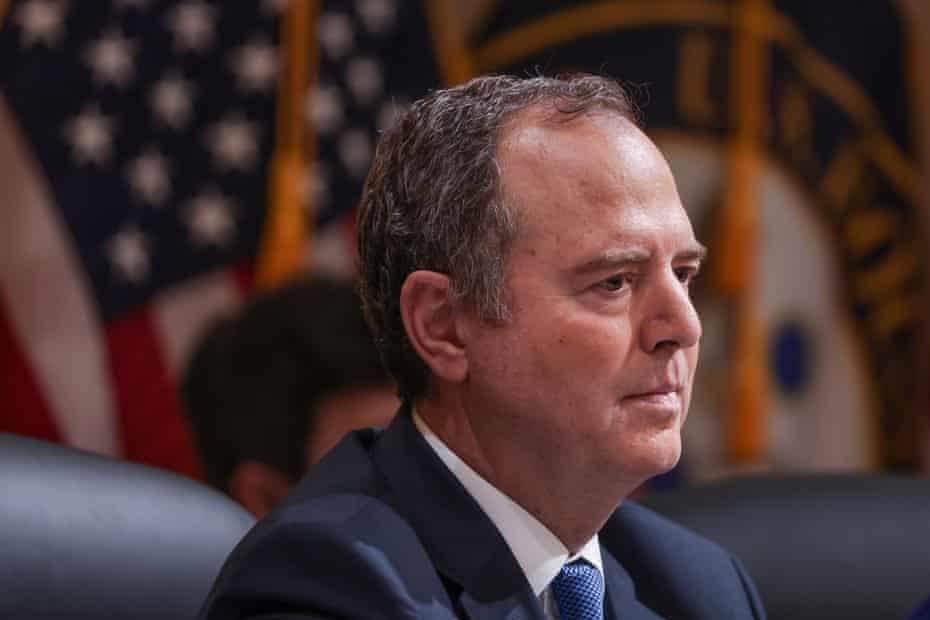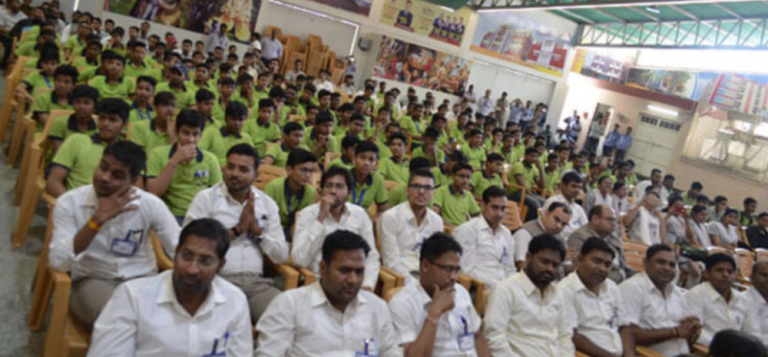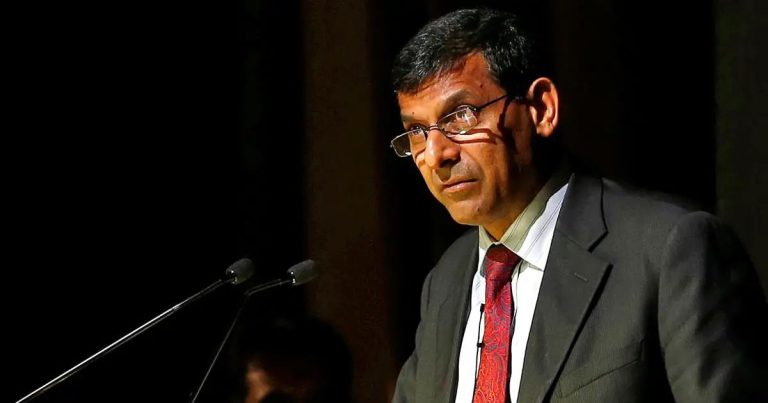Proposed Bill Aims to Regulate AI’s Use of Copyrighted Material
Proposed Legislation Seeks to Safeguard Creativity in the Age of AI
A new bill introduced in the United States Congress is stirring up conversations about how artificial intelligence (AI) interacts with copyrighted material. Titled the Generative AI Copyright Disclosure Act, the proposed legislation aims to shed light on the sources of inspiration used by AI companies in developing their innovative systems.
Overview of the Bill
Championed by California’s Democratic congressman Adam Schiff, the bill lays down a mandate for AI firms to disclose any copyrighted material incorporated into their training datasets. Before rolling out new generative AI systems – the ones that create content like text, images, music, or video based on user input – companies must submit a list of copyrighted works to the Register of Copyrights. This disclosure must happen at least 30 days before the system’s public release, with penalties looming for non-compliance.
Significance and Support
Schiff underscores the importance of striking a balance between the transformative potential of AI and ethical considerations. The bill has garnered support from various corners, including entertainment industry organizations and unions such as the Recording Industry Association of America and the Screen Actors Guild-American Federation of Television and Radio Artists.“AI has the disruptive potential of changing our economy, our political system, and our day-to-day lives. We must balance the immense potential of AI with the crucial need for ethical guidelines and protections,” Schiff said in a statement.
Legal Challenges and Responses
Legal battles are already brewing as major AI players, including OpenAI, face allegations of unauthorized use of copyrighted materials. While these companies argue that their use of copyrighted content falls under fair use, the unresolved nature of the issue poses challenges for both artists and AI companies.
Impact on AI Development
If enacted, the bill could put a regulatory leash on the training of AI systems, potentially slowing down the pace of innovation for companies like OpenAI. Critics warn that such regulations might stifle creativity and prompt companies to seek refuge in jurisdictions with more lenient legal frameworks.
Opposition and Controversies
Trade groups like TechNet, representing tech giants such as Meta and Google, fear that the bill’s requirements could undermine the US’s leadership in AI technology. Meanwhile, lawsuits filed by artists and authors against AI companies underscore the deep-seated tensions surrounding the use of copyrighted material in AI development.
Support from Creative Industries
Creativity champions from various sectors, including filmmakers and musicians, see the bill as a vital safeguard against potential exploitation by AI systems.
State-Level Initiatives
Beyond federal efforts, California is mulling over a range of AI safety bills, including measures to combat discrimination and regulate deepfake technology. State Senator Scott Wiener’s proposal, in particular, seeks to hold large AI companies accountable by requiring safety testing before the release of their models to the public.
The proposed legislation reflects the growing concerns about the ethical and legal ramifications of AI’s interaction with copyrighted material. As policymakers navigate these complexities, the aim is to foster innovation while safeguarding the rights of creators in the digital era.






